I don’t like to exaggerate the impacts of the many environmental issues we face. But it’s impossible to overstate how dangerous fracking is. Fracking stands for “hydraulic fracturing,” a highly polluting process for tapping underground pools of natural gas. It involves drilling a hole a mile deep and thousands of feet long, then pumping down millions of gallons of water laced with sand, salt and chemicals to crack rock shale that contains the gas. Wherever it happens, it pollutes drinking water, makes people and animals sick, and ruins property values. This special Green Moms Carnival raises several red flags about fracking. Read them all to understand why fracking matters to you – and why you must help stop it.
Lori of Groovy Green Livin’ asks “What the heck is fracking?” You won’t like her answer anymore than she did. It’s like a “mini-bomb or earthquake exploding underneath the ground” that leaves behind extremely toxic waste water. “The quantities of fracking fluids used in a single well contain so much benzene and other toxic chemicals that they could potentially contaminate more than the amount of water New York State consumes in a day. Water is so contaminated with methane and other chemicals from fracking that it can become discolored, bubble and could actually catch on fire at the kitchen tap….The chemicals from fracking can cause chronic illness, loss of sense of smell and taste, animals hair to fall out, severe headaches and cancer.”
Betsy of Eco Novice writes, “the big kicker for me in all of this is that fracking was exempted from the Safe Drinking Water Act in the 2005 energy bill, which means that the entire process is happening with minimal regulation. So a process that potentially threatens drinking water is not subject to the regulation that is supposed to. . . protect our drinking water.”
Lisa of Retro Housewife Goes Green wonders if the increased number of EARTHQUAKES where she lives in Oklahoma are connected to the increasing amount of fracking going on there. What? Earthquakes? Think about that one for a minute. She also wonders whether the value of natural gas is being greenwashed. Sure, it’s an alternative to coal. But is it really any better? Fracking, plus nat gas’ own carbon footprint, make you wonder.
Karen of Best of Mother Earth got educated when she watched the Oscar-nominated film “Gasland,” which tracks the impact that fracking has had on people’s lives and the environment all over the U.S. “I found myself horrified, REALLY angry, and of course immediately frustrated…Once they frack, there is no going back,” she says. “The damage and destruction is done.”
There is some good news in the fracking debate. As Harriet at Climate Mama reports, the New Jersey legislature has banned fracking anywhere and everywhere in the state. Can you get your state to do the same?
Yes, you can! Over at Big Green Purse, you can find links to updates on what’s happening in your state, and sign a petition to get Senators to sign the FRAC Act.
And for more links to great resources and legislative updates, see Jennifer’s post at Care2.
Please. Take action today.



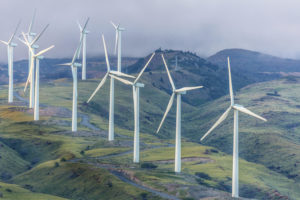
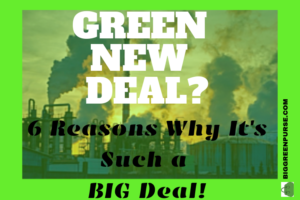
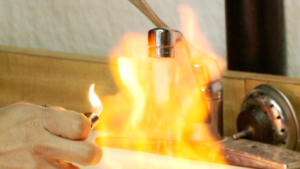
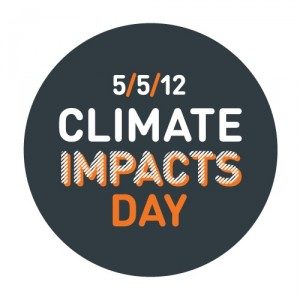



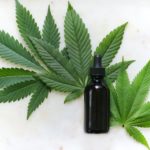
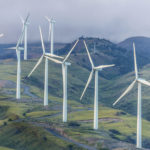



6 thoughts on “Fracking: A Clear and Present Danger”
Thanks for organizing this carnival about this timely topic, Diane!
Gasland is a must see-it really explains fracking and the dangers involved. Diane-thank you for organizing this carnival on such an important topic.
The more I read about fracking the more frightened I become. Thanks for this post! It’s good to think there’s a little something we can do!
Living in Oklahoma natural gas is pushed as a green fuel all over the place. Chesapeake Energy, one of largest producers of natural gas, has it’s headquarters in Oklahoma. Several of my friends work for them. It’s hard to find people that are against natural gas around here.
Thanks Diane for this collective and resourceful post!
So many people are in the same position – needing to work for or support a company that threatens their health and the environment, just because they need the job. It’s a reminder that we need to think “big picture” about our energy future and find, not just short-term fuel solutions, but long-term approaches that address our bigger social concerns, too. Thanks for writing!